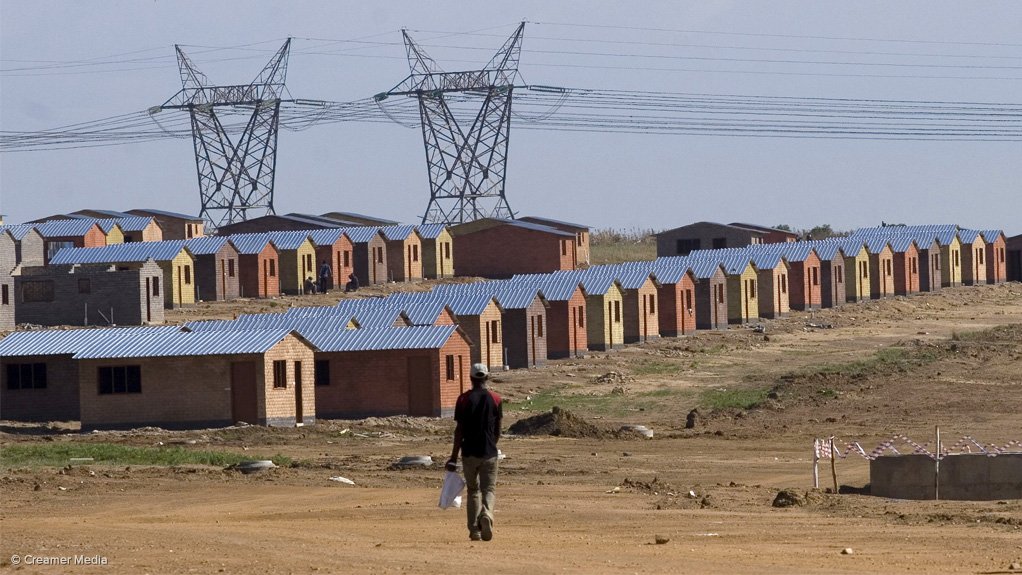Affordability was the key issue facing South Africa in terms of human settlements and housing development, South African Affordable Residential Developers Association committee member and Basil Read Developments MD Yusuf Patel said on Friday.
Speaking at the Banking Association South Africa’s 2014 Banking Summit, he said affordable housing delivery was a key economic and job creation driver.
“Affordability is the big challenge and, therefore, the focus has to be on containing delivery costs,” he noted.
Patel stated that there were several aspects that, if addressed, would bring down the costs of housing development projects and, subsequently, also make the units more affordable for the general population.
He added that time was a major factor in adding unnecessary costs, stating that, if regulatory approval and preparation time were reduced, project costs would be lower.
Responding to comments made by various speakers at the summit, Finance Minister Nhlanhla Nene said he was aware of this problem, noting that he understood that it took between 31 and 42 months to get a piece of land declared as a stand on which building could be done, which added up to 20% to the cost of the house.
To mitigate this, Patel suggested that a special fast-track approval system, which integrated all sector requirements, be implemented for affordable housing priority projects.
Further, he said that bulk infrastructure also had to be better planned for in terms of new housing developments, adding that there had to be a national and local dialogue around bulk infrastructure development.
It would also be beneficial if building standards were applied consistently, economies of scale were created and innovation started to play a greater role in reducing costs, Patel added.
The appropriate public–private investment mix was also important, he said.
Meanwhile, Housing Development CEO Taffy Adler, representing Human Settlements Minister Lindiwe Sisulu at the summit, stated that the banking sector also had a role to play in affordable housing development.
He said the sector should be willing to provide lower-end customers with the same ingenuity and risk measures that were provided to high-end clients.
“The banking sector should [also] take some risk and make finance accessible and affordable,” he said, stating that affordability was probably the biggest housing-related challenge the banking sector had to respond to.
PROJECT FINANCE
Nene added that in the latest Medium-Term Budget Policy Statement (MTBPS), National Treasury had been clear on the fact that public expenditure was constrained.
“We cannot afford to pay for the long-term [costs] associated with locating our people far from jobs. We, therefore, cannot expect more grants from government to cover inefficient practices,” he said.
If coordinated through a city-based spatial plan, which would reduce travel times and improve access, investments could be maximised in terms of their developmental impact, he said.
Nene further stressed the importance of creating a context in which certainty could be created.
“Perhaps we must get the private sector entering much earlier [rather] than only when all else is done,” he said, adding that if the private sector was included from the planning stage, inefficiencies could potentially be reduced.
He stated that South Africa found itself in a time of "prudent partnerships" where the investment risk had to be shared by all stakeholders – government, the private sector and households.
Also speaking at the summit, Banking Association South Africa chairperson Sizwe Nxasana said it was pleasing that in the MTBPS, Nene stated that government was open to partnering with business and civil society in dealing with the issues facing the country.
He noted that this declaration made the private sector more certain that it would be allowed to play a role in the country’s development, rather than simply sitting on the sidelines.
EMAIL THIS ARTICLE SAVE THIS ARTICLE
To subscribe email subscriptions@creamermedia.co.za or click here
To advertise email advertising@creamermedia.co.za or click here











